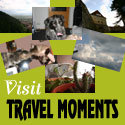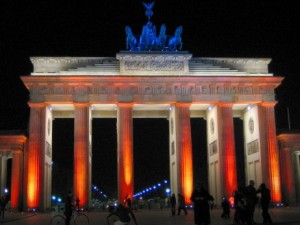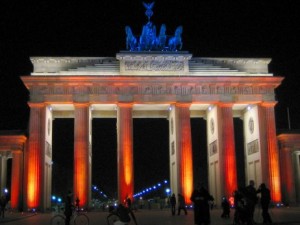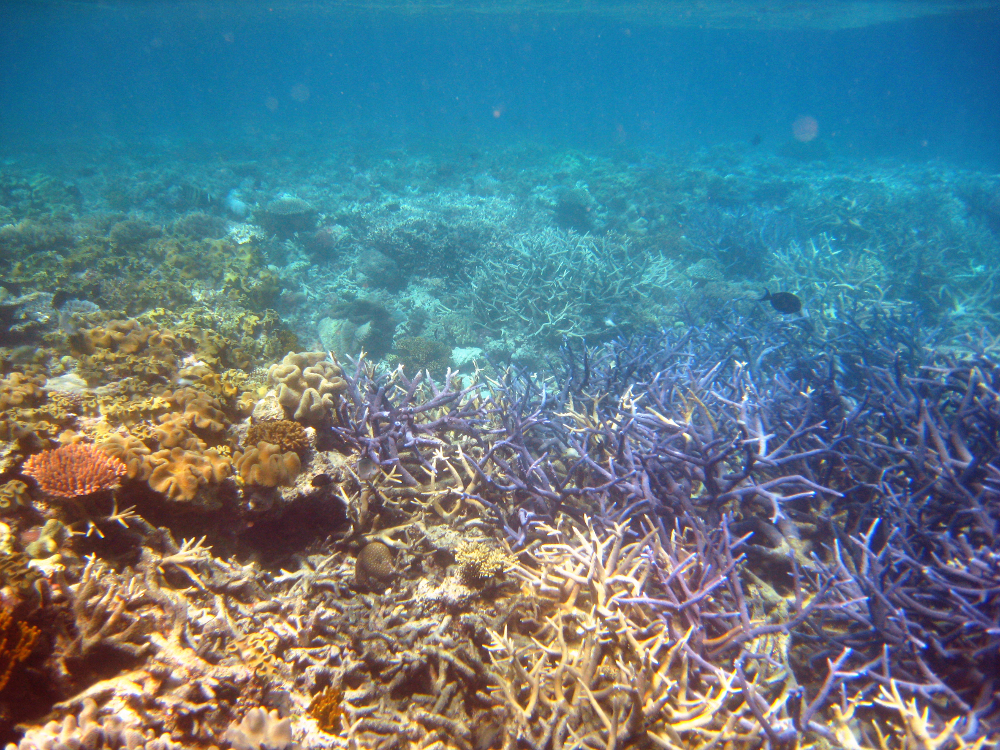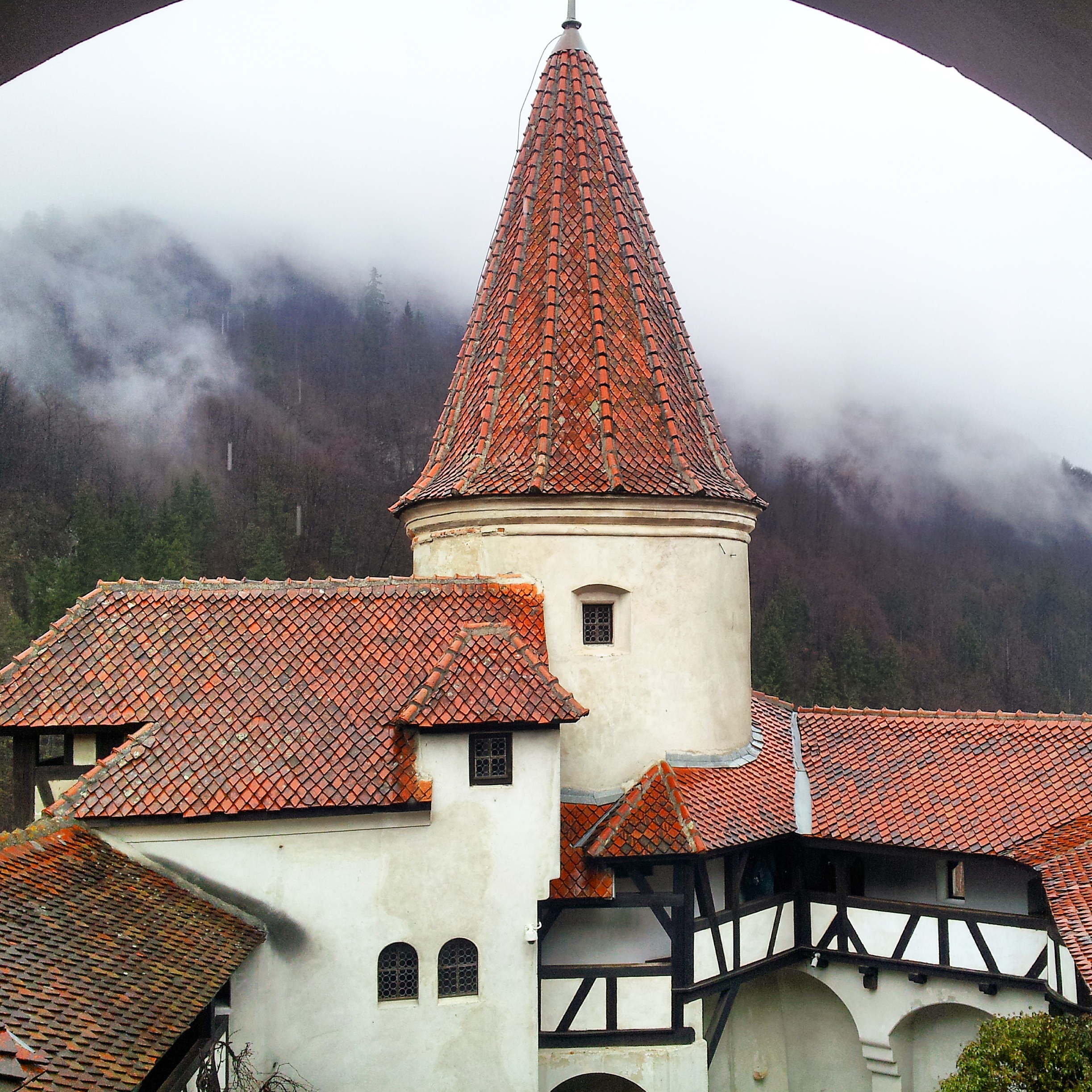Wind of change blowing in Berlin
Did you ever think
That we could be so close, like brothers
The future’s in the air
I can feel it everywhere
Blowing with the wind of change
Take me to the magic of the moment
On a glory night
Where the children of tomorrow dream away
in the wind of change
(Wind of change, Scorpions)
On the 9th of November 1989 a huge number of East Berliners were crossing freely though several check-points to West Berlin, leading to a silent revolution and eventually to the fall of the Wall. Last year, I was there, during the days preceding the celebration of two decades from the German reunification…
Night in Berlin. I leave for Berlin in small plane, enjoying a surprisingly lovely flight. Before getting the landing permission on the Tegel Airport we make a wonderful tour above the city, convincing me I’m in a Christmas dream, as the lights, the parallel or curved streets are all lit up beautifully, in thousand colours. And just to fuel my soul, mind and imagination already gone with the jingling bells, I see an ice rink. I am close enough to perceive the graceful silhouettes dancing on ice like unreal ghosts. I do not worship the wonders of mankind, but this time I am overwhelmed. I dare to say that I have experienced a lot as a world traveler, on lonely streets like today, facing the strong wind among the dead leaves, filling my chest with the winter smell, witnessing the last gasp of a powerless autumn. However, there’s room for more, for deeper, for more profound. It’s dark and quiet when I arrive in Berlin.
I spend the Halloween night on the streets, in a pleasant, but bizarre atmosphere, marked by revelers dressed in ghosts or wearing oxygen masks. The city is alive, full of tourists eager to visit all the buildings of Berlin, open on this occasion, until late at night. I choose to visit the Bundestag, the German Parliament, a modern building, impressive, with a heating and lighting system based on green energy. Berlin is not necessarily the sunniest city in the world, but the few moments offered by the skylight of the day are captured and processed in the Parliament’s electricity plant. The sight offered by the building heights still strikes the eyes not used to the differences between the East Berlin architecture, made of uniform blocks, voided of personality – Plattenbauten, and the West Berlin, truly Occidental by its nature. Further on, I see the artistic soul of Berlin – the Museum Island, and also the Berlin’s Television Tower, the symbol of press freedom and democracy.
Checkpoints of a divided city. Later, I get to the Brandenburg Gate, an important emblem of the city, and one of the only surviving monuments in PariserPlatz after World War II, gloriously marking the entry on the boulevard of linden trees, which leads to the Tiergarten. Shining in the night, the beautiful Gate in a classical style, inspired by Greek art is a bastion of freedom: on November 9, 1989 East and West Berliners gathered here to demonstrate for the demolition of the wall that separated them. A month and a half later, the gate was opened and the Wall destroyed. Near the Gate lies the Reichstag, the former East German Parliament building which has become later on the symbol of united Germany.
Next day continues with experimenting division, and I head to Potsdamer Platz, an intersection famous for its cafes and hotels, divided during the Cold War and actually abandoned, but eventually becoming one of the first places where the wall was cracked. Now souvenir sellers tempt you with Russian hats, socialist flags… making peace between the East and West.
I pass several times at the Check Point Charlie and read the inscriptions on the fake wall. Then I walk on the brands’ paradise boulevard, the Kurfürstendamm and I get at the Kaiser-Wilhelm-Gedächtniskirche, a strange church, completely renovated inside and highly contrasting with the bombed, ruined exterior. My journey continues at the Column of Victory and I get to the Gendarmenmarkt to visit the Deutsche Dom and the Konzerthaus.
A heart-breaking story. As evening comes, after a demanding walk, I chose to go on a small cruise on the river Spree and review the city through a glass of gluwein (hot red wine). Darkness does not allow me to distinguish many of the buildings I have passed along, but the both the lack of light, and the cold nurtured my reflection on what I have seen. According to the way the captain pronounces it, Berlin seems one of the most beautiful German words. It is a musical name with a sad resounding. Apparently, the city is invigorating, cheerful, and lively, although hiding a still not healed heart-ache. Suddenly it comes across to me the heart-breaking love story written by Mark Levy, between an American girl, animated by democratic ideals and Tomas, an East Berliner having suffered of persecutions in pursuing his dream to become a journalist, daring to worship the freedom of press in a world ruled by propaganda. Only few details recall a past marked by wars, bombings and division. It’s a city of impressive buildings that bring together glass, metal, and the tiniest light reflection is avidly sipped by Berlin’s misty eyes and smile, in which the sun rarely shines. And my ears are filled with Elton John’s song: “Nikita, you’ll never know”; indeed you will never know Berlin’s mystery…
It’s beautiful at night in Berlin! I would not spend one night, but many, with Berlin. Its gorgeous lights, the streets emanating freedom are crying against a cruel fate of forced division. It’s the liberty insulting the humiliation of years of deprivation and suffering, showing how Germany reborn from its own ashes…
